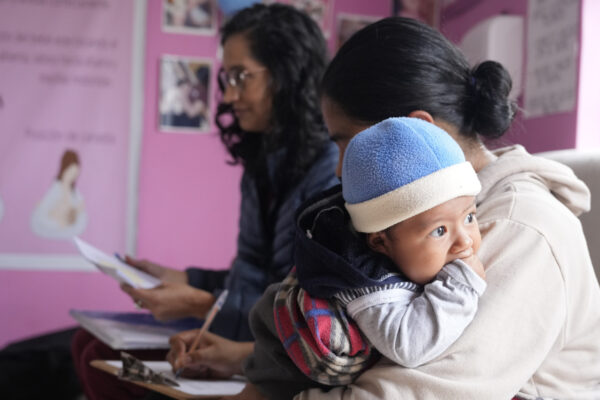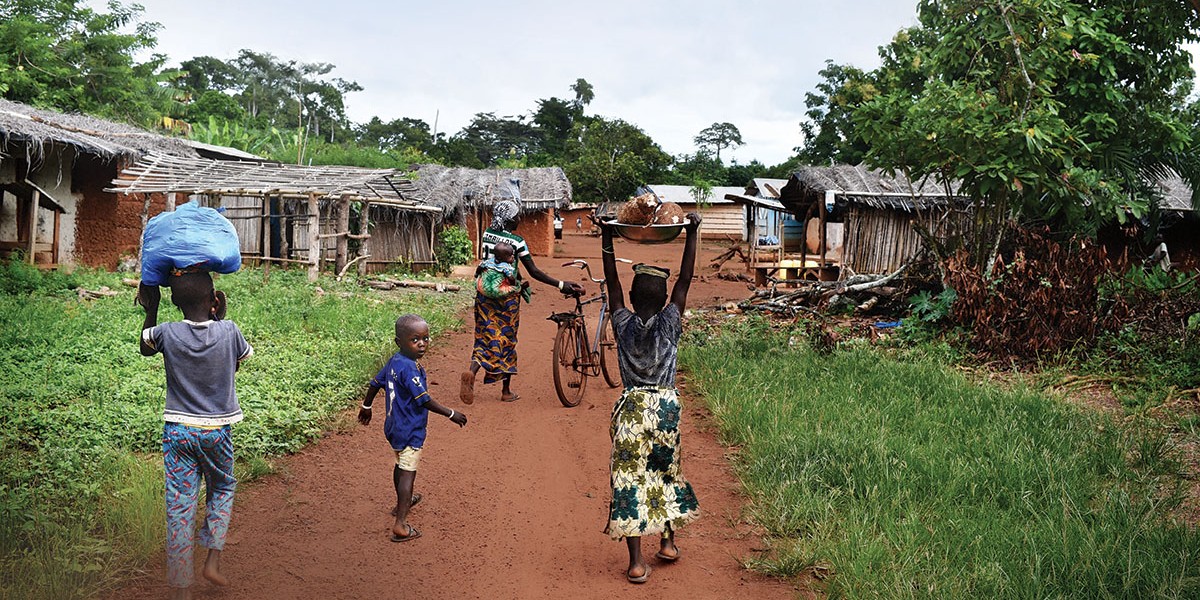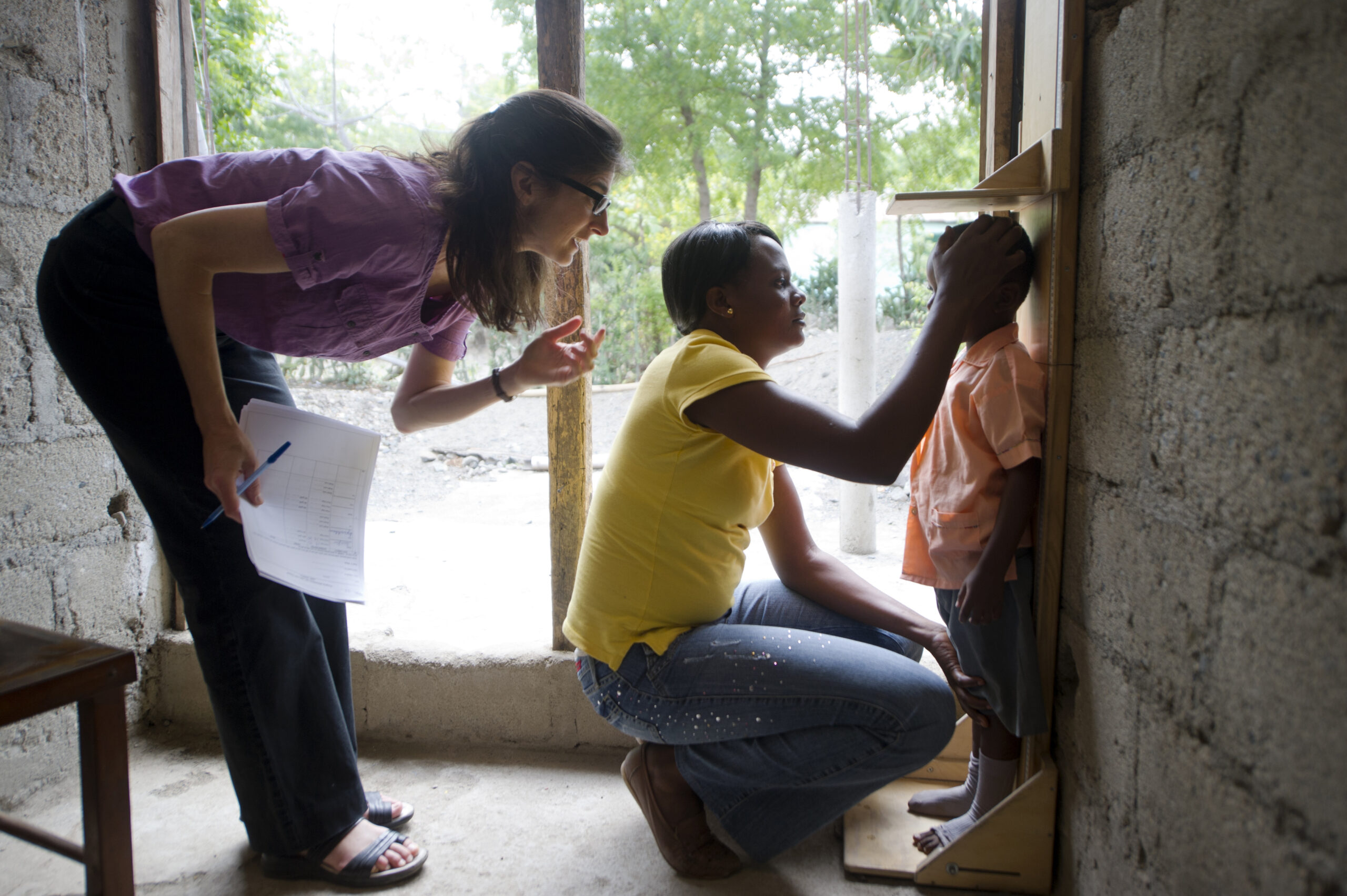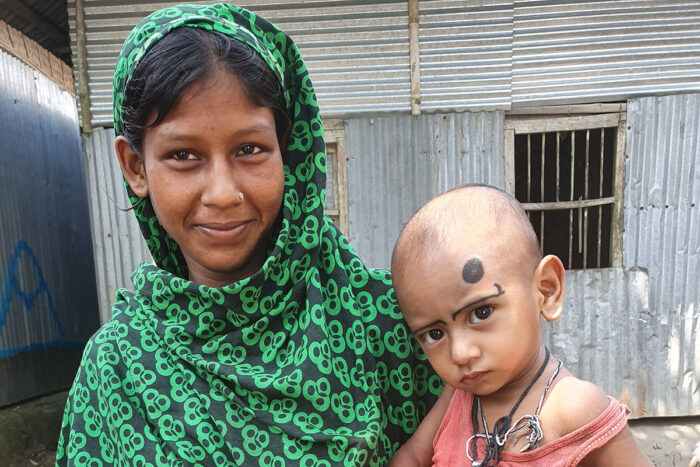Can we improve the way the world eats?
This WashU researcher is finding ways to combat hidden hunger ensuring children can thrive.
Globally, 250 million children do not reach their developmental potential and 148.1 million children have stunted growth. Early proper nutrition is crucial because children with nutritional deficiencies won’t be able to catch up.
But malnutrition isn’t always obvious. Even chubby, smiling children can be victims of “hidden hunger,” a vitamin and mineral deficiency caused by a diet of foods without enough micronutrients. Hidden hunger impacts as many as half of the world’s children and isn’t necessarily a poverty problem. Low nutrient, highly processed foods are cheap and convenient and they are everywhere — from poverty-stricken areas of the world to grocery shelves in nations blessed with abundance.
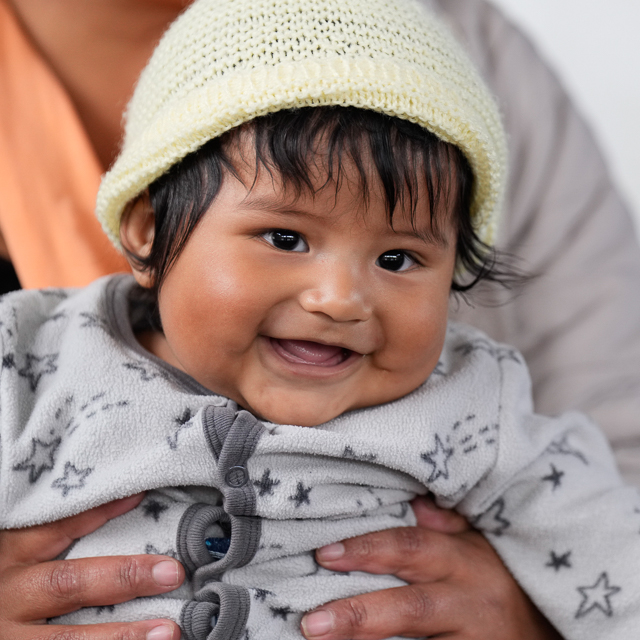
Some of the most important growth and development occurs in the first 1,000 days of life. Malnutrition can lead to irreparable consequences.
Lora Iannotti, professor at WashU Brown School
To fight hidden hunger, WashU researcher Lora Iannotti is focused on ensuring children get good nutrition so they get a great start in life.
Iannotti and her E3 Nutrition Lab at WashU investigate maternal and child nutrition by examining the impact of nutrient-rich foods that are locally sourced and affordable. Her studies focus on poorer settings, but her findings can benefit pregnant women and children everywhere.
By working with marginalized mothers in the highlands of Ecuador, Iannotti and her WashU research team discovered that introducing locally sourced eggs, fish, fruits and vegetables to pregnant mothers and infants improves brain development, reduces stunted growth, and aids overall health in children.
During this study, Iannotti’s team gave a group of pregnant women weekly bags of local, affordable foods. The team also worked hard to build community and trust. Through workshops on cooking and nutrition, the expectant mothers were empowered to improve the health of their children while they bonded with each other and the researchers.
The impact of Iannotti’s research reaches far beyond this small group of women. For example, Ecuador changed its nutrition guidelines because the WashU team previously proved that eggs help combat stunted growth and malnutrition.
And now, Iannotti’s studies on local, affordable foods have the potential to make a significant impact on the lives of millions of women and children worldwide.

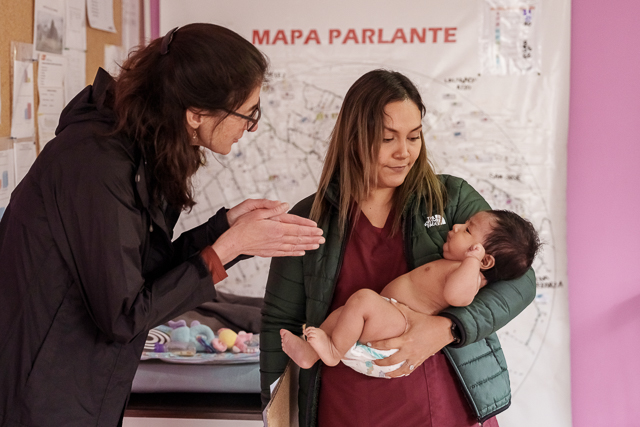
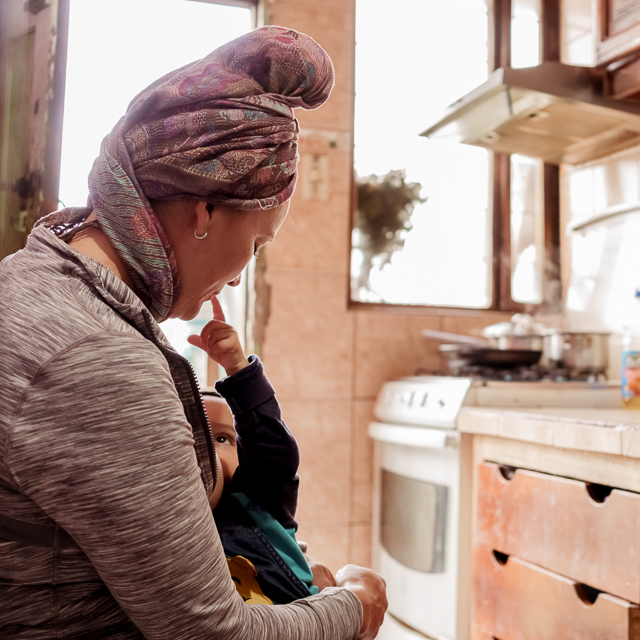
Ensuring healthier lives.

